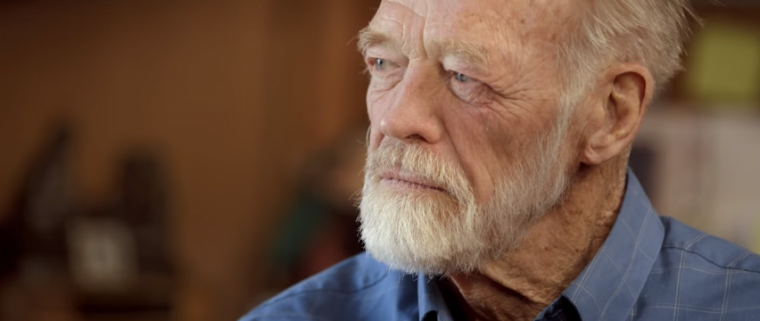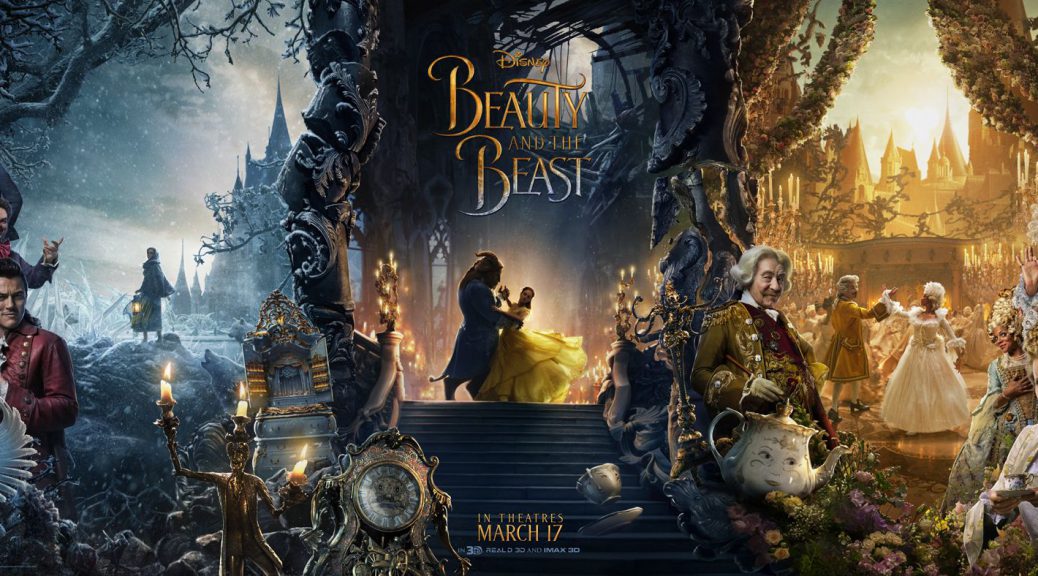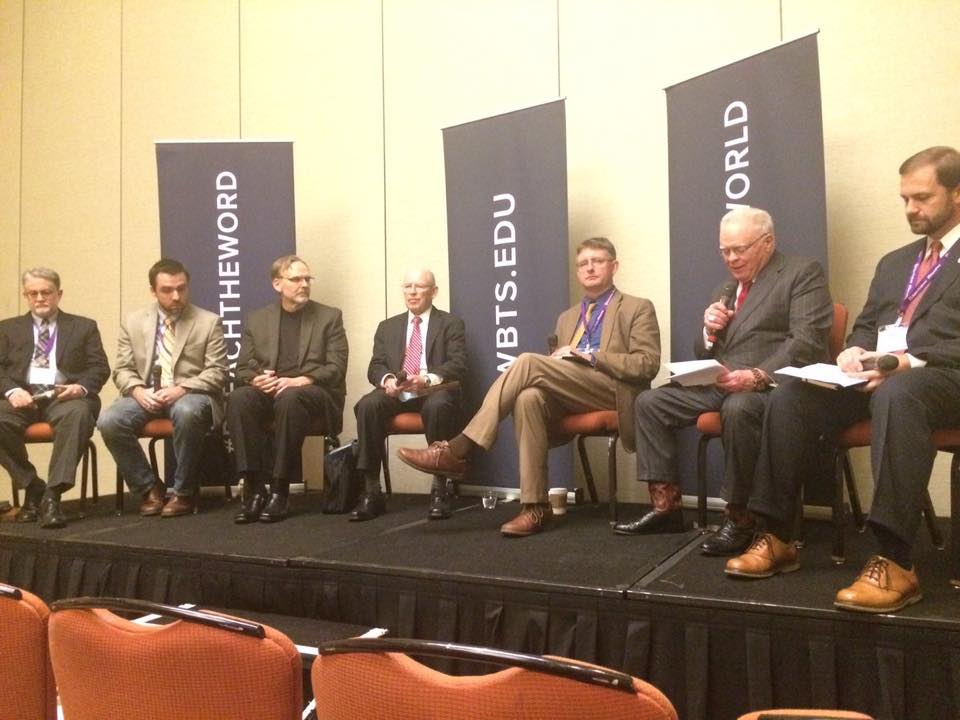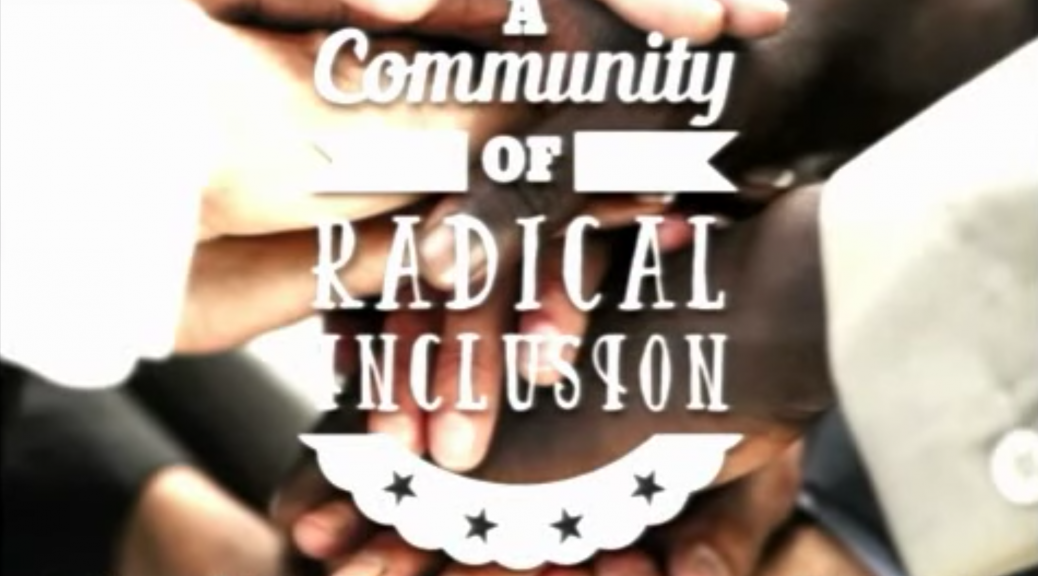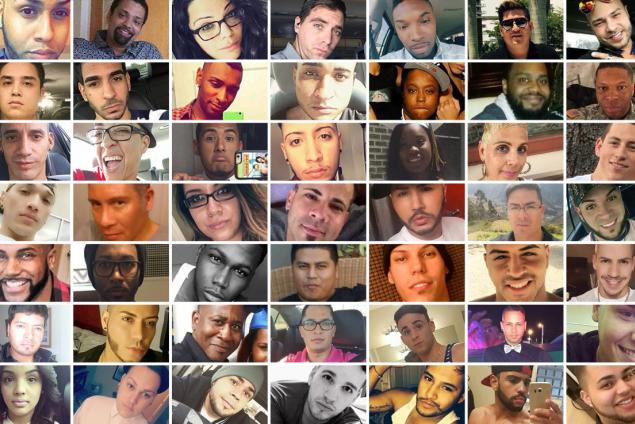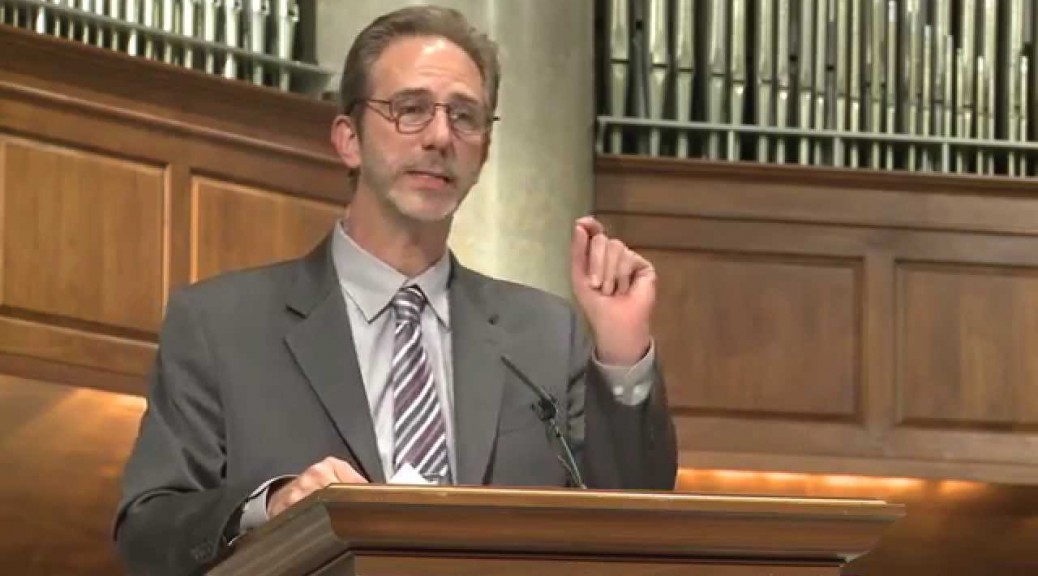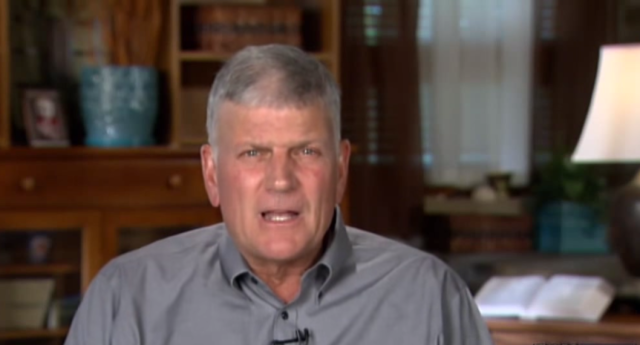I often get invited to speak at churches, mission organisations and other Christian gatherings. People who know my stance on gay marriage sometimes protest against my involvement, writing me off as a heretic before they’ve even heard what I have to say and most often without taking the time to study my theology (easily available via videos and blogs). The worst detractors go on a smear campaign against me, claiming I am a “false prophet” and even worse things. They do this, of course, without ever attempting to contact me or engage with me.
So, just in case there’s any confusion or doubt, I want to be very clear: I am a Christian. In fact, I am a Bible-believing, evangelical Christian. I don’t really like that term these days, as the Christian right in America has co-opted “evangelical” as a label that now stands for a political and social view I don’t want to align to. But “evangelical” is technically applied to someone who believes that the Bible is God’s Word and the standard for our faith and practice, and that we should take Jesus and His words seriously and share Him with others. And I definitely believe that.
I am definitely a Christian.
You don’t have to take my word for it.
The Bible gives us only four ways by which we can truly judge someone’s salvation and devotion to Christ, and you’re welcome to use any and all of these to judge me. Just because we may differ on a few issues of interpretation does not give anyone the right to call my salvation or my commitment to Christ or my commitment to His Word into question. To do so, would be, quite ironically, totally non-Biblical.
Four Ways to Know If I Am a Christian
1. Romans 10:9: “If you declare with your mouth, ‘Jesus is Lord,’ and believe in your heart that God raised him from the dead, you will be saved.”
I declare this, without reservation. I am saved.
2. 2 Timothy 3:14: “But as for you, continue in what you have learned and have become convinced of, because you know those from whom you learned it…”
This verse leads into the famous 2 Tim. 3:16 which talks of Scripture being God’s Word and useful for us. It tells us that there is a received orthodoxy and tradition that we should stand in. It doesn’t say that our beliefs and understanding of God will not grow and develop over time – in fact, Jesus quite specifically told us that the role of the Holy Spirit is exactly the opposite: He will continue, over decades, generations and centuries to grow in our faith and knowledge of God.
But over the centuries of church history, the best and brightest of our spiritual elders have codified all the core beliefs of the Bible into Creeds. There are a variety that have stood the test of time, and each one has a richness and depth of meaning. My favourite is the Apostle’s Creed. I stand by every word of every line of this creed:
Continue reading I am a Christian →

